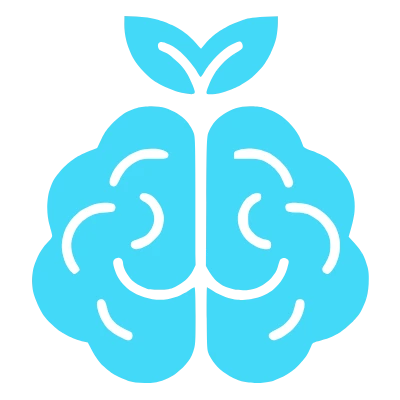Person-Centered Care (PCC) is the basis of the comprehensive care model that NAMI uses in its residences and day centers, which makes the user the central axis of the professionals’ intervention.
The ACP model is based on fundamental ethical principles, since each user is a unique and different individual on the biological, intellectual, emotional and social levels. In this sense, the Quality Coordinator of NAMI, highlights the principle of autonomy, “where the user’s ability to decide and govern themselves takes precedence. Our obligation as caregivers is to respect their life project, taking into account their values, ideas and beliefs.” Thus, in the NAMI residences, the will of the elderly to choose how they want to live and their advance directives are valued.
For NAMI, this care model implies a responsible commitment from senior management to each and every one of the professional categories. “Ethics focuses our concerns and sets the pace of our organization, with the objective of caring for and accompanying those people who have decided to live in one of our centers, respecting at all times their dignity and individuality and ensuring their comfort and autonomy,” says De Frutos. For this reason, the ACP model is accompanied by a policy of active listening to residents and also their families.
This principle of autonomy is directly related to the responsibility and professionalism of the workers, “who must offer therapeutic responses proportionate to the needs of the residents. Professionals are an active part of the users’ life project, and participate in the search and implementation of effective and efficient alternative care measures. All of this facilitates a less stressful work environment and increases job satisfaction, reducing the emotional exhaustion caused by working with very dependent people.” In addition, NAMI implements a participatory policy of continuous training of workers, “which allows us to foster a team spirit that is nourished by complementary experiences,” adds De Frutos.
Main benefits of ACP:
- Guarantee care within an exceptional ethical framework. The professionals provide each user with individual and personalized attention.
- Respect for the tastes and preferences of the resident.
- ACP improves behavioral alterations and disruptive behaviors are minimized.
- Initiative emerges and awakens what is not in use.
Life Units
The NAMI Life Units are a clear example of the effort the company makes to offer comprehensive, person-centered care. These are therapeutic units, where residents set their own pace of life and develop their life project.
The Quality Coordinator of NAMI Ibérica explains that the center’s multidisciplinary team, after a comprehensive geriatric assessment and the completion of the PIAI (Interdisciplinary Individual Care Program), decides whether the user should be part of one or another living unit. Decision that, logically, may undergo modifications over time taking into account the evolution of the elder. “The professionals are qualified and specially trained workers, who know both the life history and the life project of the residents, and who have a great adherence to the therapeutic project,” adds De Frutos. The involvement of the family also plays a primary role in the development of the project.
Particularly noteworthy are the Protected Units for People with Alzheimer’s or other dementias (UPAD), which have all the necessary security measures and an architectural design that tries to create a warm, welcoming and familiar environment. “The walls are authentic multi-sensory walks, the rest areas evoke memories to be able to work on reminiscences, the gardens and terraces are therapeutic, etc.,” emphasizes De Frutos.






